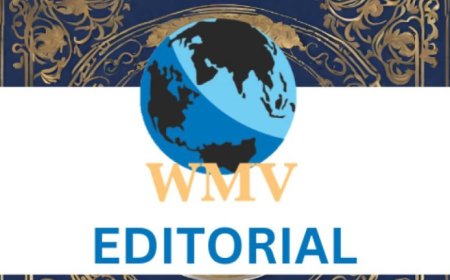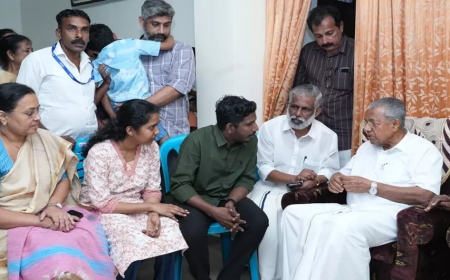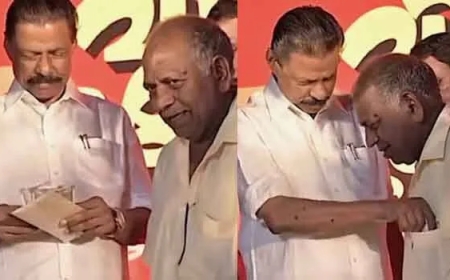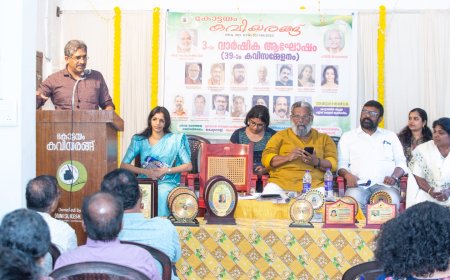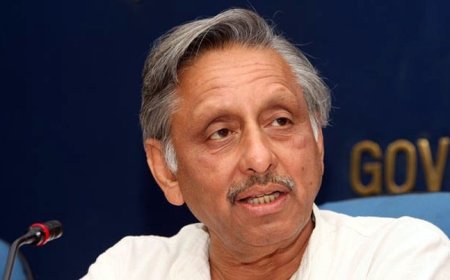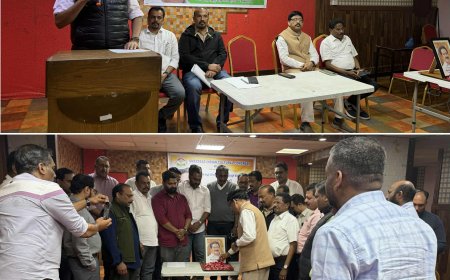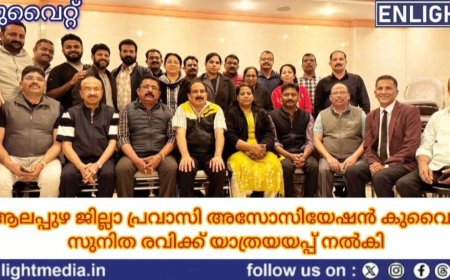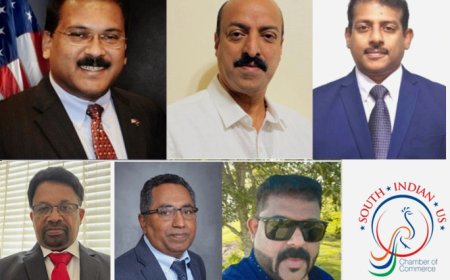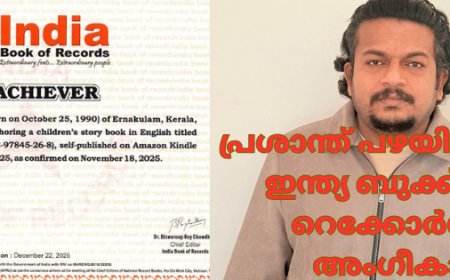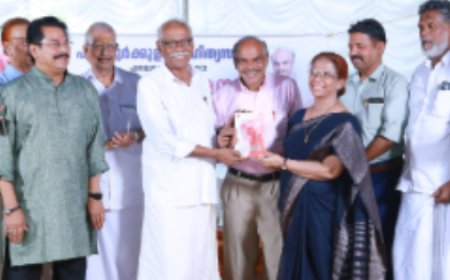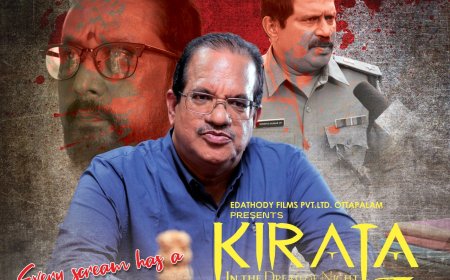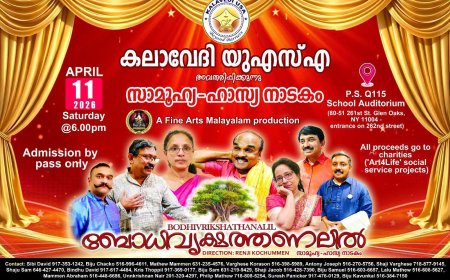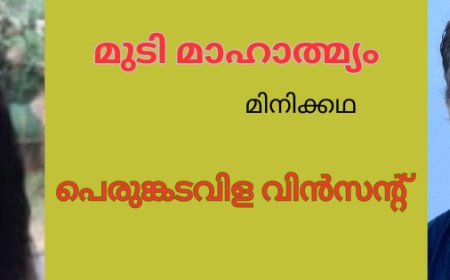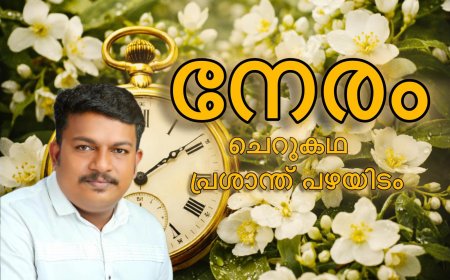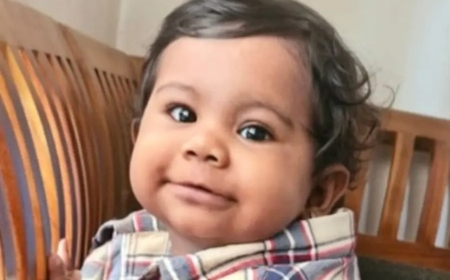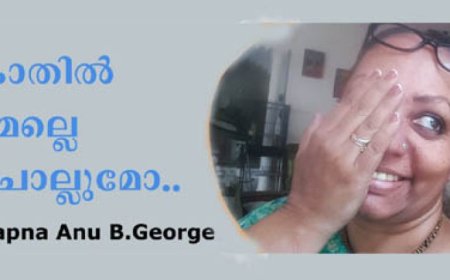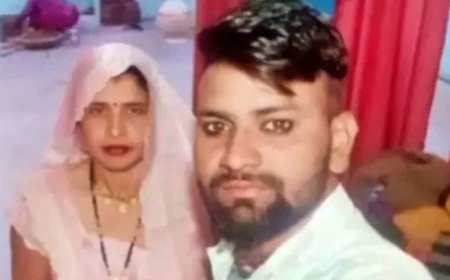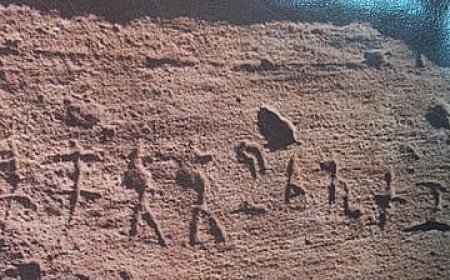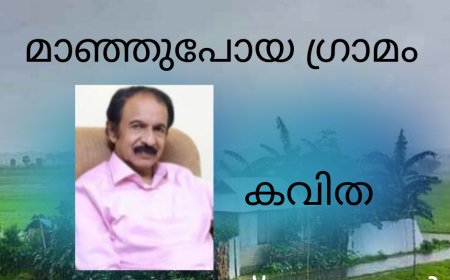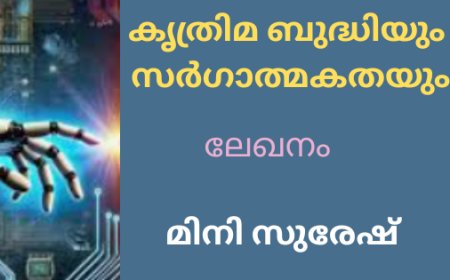“Mumbai Express"

ASHWIN had a job interview the next day.
It had been two months since he came to Bombay, but even after attending many job interviews, he still hadn’t found a job. He lived with his friends in a rented house in Ville Parle East.
At first, the busy life of Bombay surprised him. But now he had learned to move along with it.
Bombay is that kind of city — at first, it troubles you, but later it becomes close to your heart.
He had to wake up early to catch the train on time.
In the morning, there was a long queue with buckets outside the bathroom. Ashwin’s anxiety grew even more.
He got ready for the interview, quickly had breakfast from Mohan Bhayya’s small shop, and hurried to the station. From Ville Parle, he had to take a local train via Dadar to Kalyan.
He ran toward the railway station. Suddenly, the train arrived — the crowd was beyond imagination. People pushed and pulled, and somehow Ashwin was pushed inside the coach.
For millions of people, Bombay’s local trains are a part of daily life. Hanging at the doors, each journey is like traveling on the edge of danger.
At last, Ashwin reached Kalyan railway station. From there, he had to catch the train to Delhi. The announcement said the next train would be delayed. Ashwin’s tension increased.
After a long wait, the train finally arrived. In the middle of the crowd, an old man came near him. He was wearing a white kurta and mundu, holding a walking stick. He looked like a simple farmer from a village.
In Hindi, the old man asked,
“Son, can you please check my ticket?”
Ashwin replied quickly,
“Bhayya, please ask someone else. I have to get into this train.”
Ashwin moved forward, but the old man followed him again.
“Please, son, just take a look.”
Ashwin finally took the ticket, looked at it, and said,
“Yes, this is your train. Please get in fast.”
The old man followed him and sat beside him in the same coach.
Looking at his worn-out clothes, Ashwin felt a bit uncomfortable. The old man started talking about his village and his farming. But Ashwin was worried about the interview and didn’t reply much.
At the next station, the train stopped. A vendor walked by selling tea and vada pav.
The old man asked for a cup of tea. When he took it, his hand shook, and some tea spilled on Ashwin’s shirt.
Ashwin, already tense, burst out angrily,
“I’m going for a job interview! How can I go like this now? How will I face them? You people never understand!”
The old man looked at him sadly.
The people around said,
“Sir, just wipe it with some water, it’ll be fine.”
Ashwin cleaned the shirt as much as he could. When he looked back, the old man opened his small bag, took out a new shirt, and gave it to him.
“Son, please wear this. I know how important an interview is. Take it with love.”
Ashwin hesitated for a moment, then wore the shirt.
When his station came, the old man took back the stained shirt from him. Ashwin tried to give him some money, but the old man smiled and said,
“No, son. You don’t need to pay. Go peacefully and attend your interview. You will surely succeed.”
Ashwin got down from the train and went to the office.
The interview went very well.
The officers said,
“We will contact you soon with the result.”
Days passed, but there was no call. His money was almost over. The day he decided to return home, his phone rang.
“Congratulations! You are selected. Please submit your documents soon,” said the message.
A few days later, Ashwin was watching television. He froze in surprise.
On the screen, the President of India was giving an award for “Best Service” to a respected old man — the same man he met on the train, wearing the same tea-stained shirt.
Ashwin’s eyes filled with tears.
He found out that the man’s name was Pandit Damodar, a retired teacher who spent his life walking from village to village, finding talented but poor students and teaching them for free. He also ran a small school that provided free education for underprivileged children.
Ashwin’s heart was full of emotion.
He prayed silently —
“Let me meet him once more, so I can fall at his feet and ask for forgiveness.”

